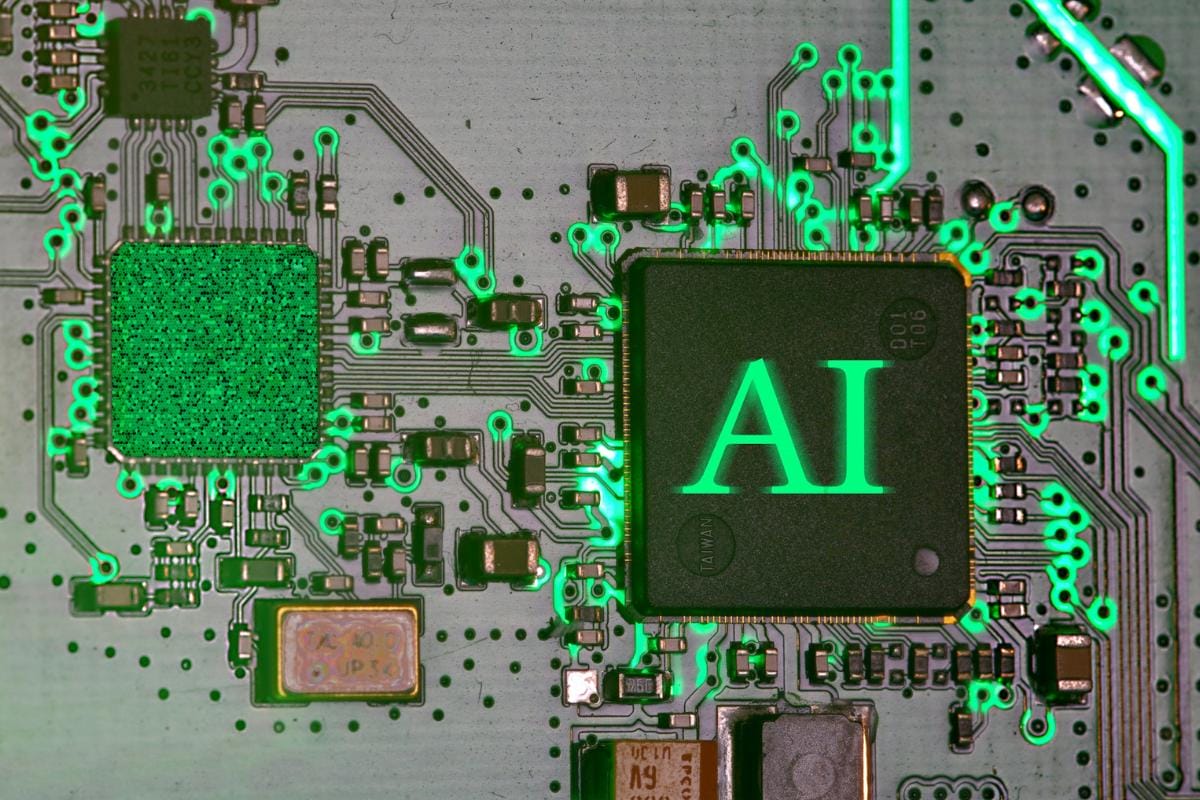Dom Rizzo, who manages the Global Technology Equity strategy at T. Rowe Price, believes the AI boom is grounded in fundamentals, with industry leaders well positioned as adoption accelerates.
Investor sentiment around AI remains firmly constructive. The sector is being driven by real fundamentals, not hype. Demand for compute power is surging, and companies like Nvidia, AMD, Broadcom, and Marvell are leading the charge. Nvidia alone could capture up to $370 billion of a projected $500 billion GPU market by 2028, supported by strong earnings and cash flow. AMD and Broadcom are also well-positioned as AI workloads scale.
Flexibility is becoming critical as AI evolves. Programmable chips like Lattice’s FPGAs and Infineon’s power semiconductors are gaining traction, enabling systems to adapt quickly to new demands. These technologies are increasingly essential in modern data centres.
On the manufacturing side, TSMC, ASML, and Intel are key players. TSMC’s AI-related wafer volume is expected to grow fivefold by 2028, while ASML’s lithography tools remain vital for advanced chip production. Intel’s recent resurgence adds competitive momentum to the space.
Enterprise AI is also seeing strong momentum. Palantir is deeply embedded in client operations, solving complex data problems with dedicated engineering teams. Oracle is scaling infrastructure to support OpenAI and other top-tier clients, while hyperscalers like Google, Amazon, and Microsoft continue to drive demand indirectly.
Valuations across the sector are surprisingly reasonable. Nvidia’s multiple has compressed from 40x to around 26x earnings, with further room as profits accelerate. Most big tech names trade at 25-30x earnings, supported by 10-15% annual growth – well above broader market averages. Hardware-centric leaders are seen as fairly valued, while some software names like Palantir may be priced for perfection.
This isn’t a bubble. It’s a broad-based buildout with room for multiple winners. The AI opportunity is large, the fundamentals are strong, and the sector still has plenty of runway.















